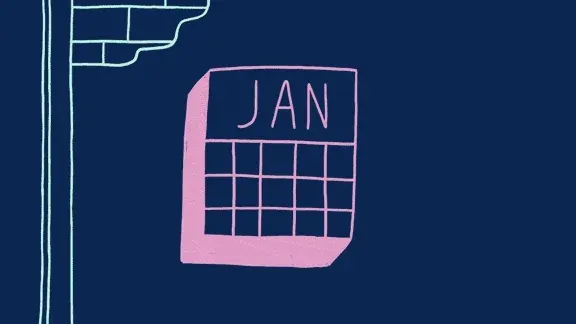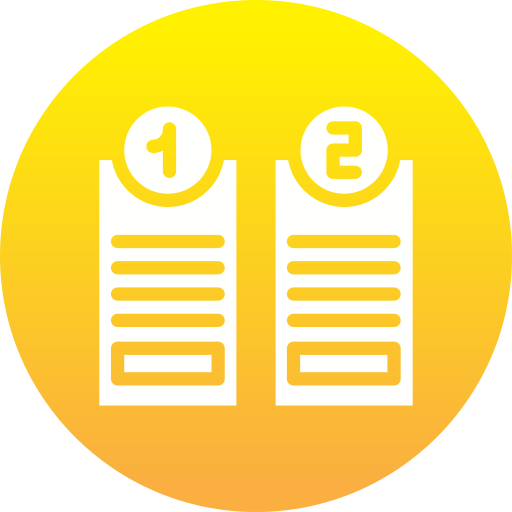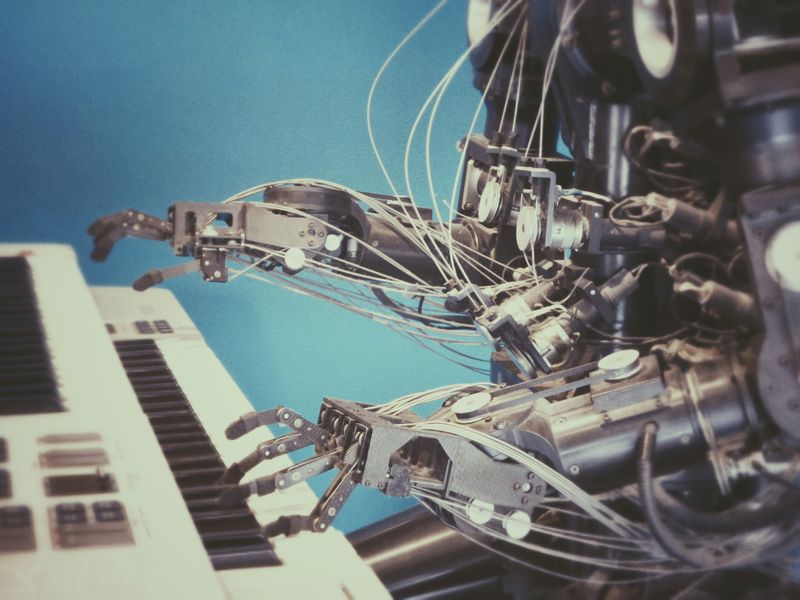
This logo isn't an ad or affiliate link. It's an organization that shares in our mission, and empowered the authors to share their insights in Byte form.
Rumie vets Bytes for compliance with our
Standards.
The organization is responsible for the completeness and reliability of the content.
Learn more
about how Rumie works with partners.
Do you know the difference between these two sentences?
Next year, scientists will research new types of AI.
Next year, scientists will be researching new types of AI.
 Photo by Random Thinking on Unsplash
Photo by Random Thinking on UnsplashThe difference is that the first one is simple future and the second is future progressive (also known as future continuous).
Using the future of AI as an example, let's see how the future progressive tense works in sentences.
Meaning and Form
The future progressive tense is used to talk about events in the future that happen over a period of time.

The future progressive tense is different from the simple future tense, when an event happens once and is finished.
You can recognize the future progressive tense because you'll see "will be" plus a verb ending in -ing.

Compare the two sentences from earlier:
Next year, scientists will research new types of AI.
The research will only happen next year.
The research will finish next year.
The word "be" doesn't appear and the verb (research) doesn't end in "-ing".
Next year, scientists will be researching new types of AI.
The research may start before next year and may end after next year.
The research won't be finished after next year.
The word "be" appears before the verb (research) and the verb ends in "-ing"
Continuing actions like this are a common use for the future progressive tense.
Quiz
Which of these sentences uses the future progressive tense?
Progressive future uses "will be" plus "-ing." Don't be confused if you see either one of those parts by themselves. Progressive future needs both.
Continuing Actions
The future progressive tense describes actions that take a long time to complete. In some cases, it's possible to use either the future simple tense or the future progressive.

Happens once, or the time isn't important (future simple)
AI will transform how we use technology.
AI will help doctors heal illnesses.
AI will change many industries.

Happens over a period of time (future progressive)
AI will be transforming how we use technology.
AI will be helping doctors heal illnesses.
AI will be changing many industries.
You can add time words to clarify that the event is happening over a period of time.
For example:
I will be studying how to use AI all day tomorrow.
People will be learning the best way to use AI for many years.
AI programs will be changing frequently in the near future.
 Photo by Lewis Kang'ethe Ngugi on Unsplash
Photo by Lewis Kang'ethe Ngugi on UnsplashQuiz
You want to talk about your school's 4-month plan to update their website using new AI tools. You start with, "Over the next four months..." How can you finish the sentence? Select all answers that apply:
The other two sentences are grammatically correct, but don't show that this happens over a period of time.
Did you know?
Rumie is a nonprofit community dedicated to making innovative learning free for everyone.
Two Events Happening at Once
Another important use of the future progressive tense is to show that two events in the future happen at the same time.
To do this, connect the two events with a word like while or when and write the other event in the present simple tense.

We will be upgrading to the new AI when we have the money.
We will be using the old software while we wait.
We will be deleting the old software when we don't need it anymore.
 Photo by Markus Spiske on Unsplash
Photo by Markus Spiske on UnsplashQuiz
Finish this sentence: The accountants will be doing other work when their AI
The simple present tense should be used to complete the sentence because the first part of the sentence uses future progressive. When talking about the future, use the simple present tense to describe something that happens at the same time as something else.
Take Action
 Photo by Possessed Photography on Unsplash
Photo by Possessed Photography on UnsplashUse what you've learned about the future progressive tense to talk about your opinion on the future of AI and other technologies.
This Byte has been authored by
Sam Whittaker
English Teacher